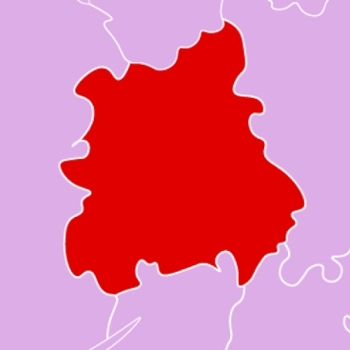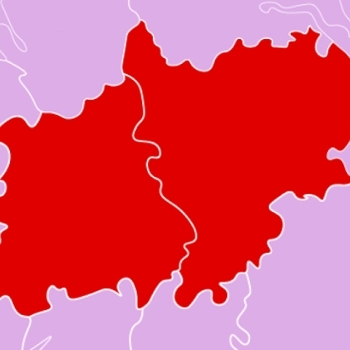Surface Engineering Seminar (updated with advice on parking)
Add to calWarwick University (auditorium of the International Digital Laboratory) and on-line
Coventry and Warwickshire Materials Society is pleased to announce it will host a mini-seminar on Surface Engineering at Warwick University on 15th November, the event also being accessible on-line. The event features prominent speakers from university and industry and is co-sponsored by the Midland Region of the Institution of Mechanical Engineers (IMechE) and by the IOM3 Surface Technologies Group.
Venue: Warwick University (auditorium of the International Digital Laboratory) and on-line
Date: 15th November, 2022
Programme:
There should be plenty of on-site parking spaces available in the early evening but the university has a cashless payment system. Details are given here:
warwick.ac.uk/services/carparks/general_parking/
You can pay by downloading an app, or via phone call or text (after creating an account), or perhaps most simply if you go to the Arts Centre you can pay by debit or credit card. You can also pay up to 24 hours later via a web-site. If you arrive after 17:00 it only costs £1.00.
17:30 informal networking and refreshments
18:00 Technical programme and on-line event starts. There will be a Q&A session after each presentation and an opportunity to examine coated gas turbine components.
20:00 Close
Laser Shock Peening: from concept to novel applications in aerospace
Professor Michael Fitzpatrick, Pro-Vice-Chancellor (Engineering Environment and Computing), Coventry University
Laser shock peening (LSP) has become an accepted and valued method of surface engineering, with numerous successful applications in high-value industries including aerospace and nuclear power. There have been many studies published showing successful use of laser peening in manufacturing, particularly for aero-engine components. There is now much research effort in applying the method to new applications as well as for in-service repairs. There has been relatively little work on the use of LSP to enhance lifetime for long cracks, particularly in the relatively thin sections found in aerospace applications. This talk will present an overview of the method, and results of recent work on the effectiveness of peen patches in aerospace aluminium for crack retardation, as well as methods for optimum peening of assemblies during manufacturing.
A case study in coating development: Chrome 6 free coatings developed for GT hot gas path components
Brian Norton, Managing Director, Indestructible Paint
Diffusion coatings such as Sermalloy J and Ipal have been successfully used for coating parts in the hot section of aero-engines and Industrial gas turbine such as blades and nozzle guide vanes for 50 years, regularly running for many thousands of hours. However these coatings contain Chrome 6 (hexavalent chromium) which is known to be toxic and carcinogenic. The introduction of the EU's REACH regulations in 2007 triggered efforts to develop alternative coatings. We follow a 10+ year research project led by a UK aero-engine company and Indestructible Paint into a more environmentally friendly version to its conclusion where we see coated parts enter service in gas turbines.




